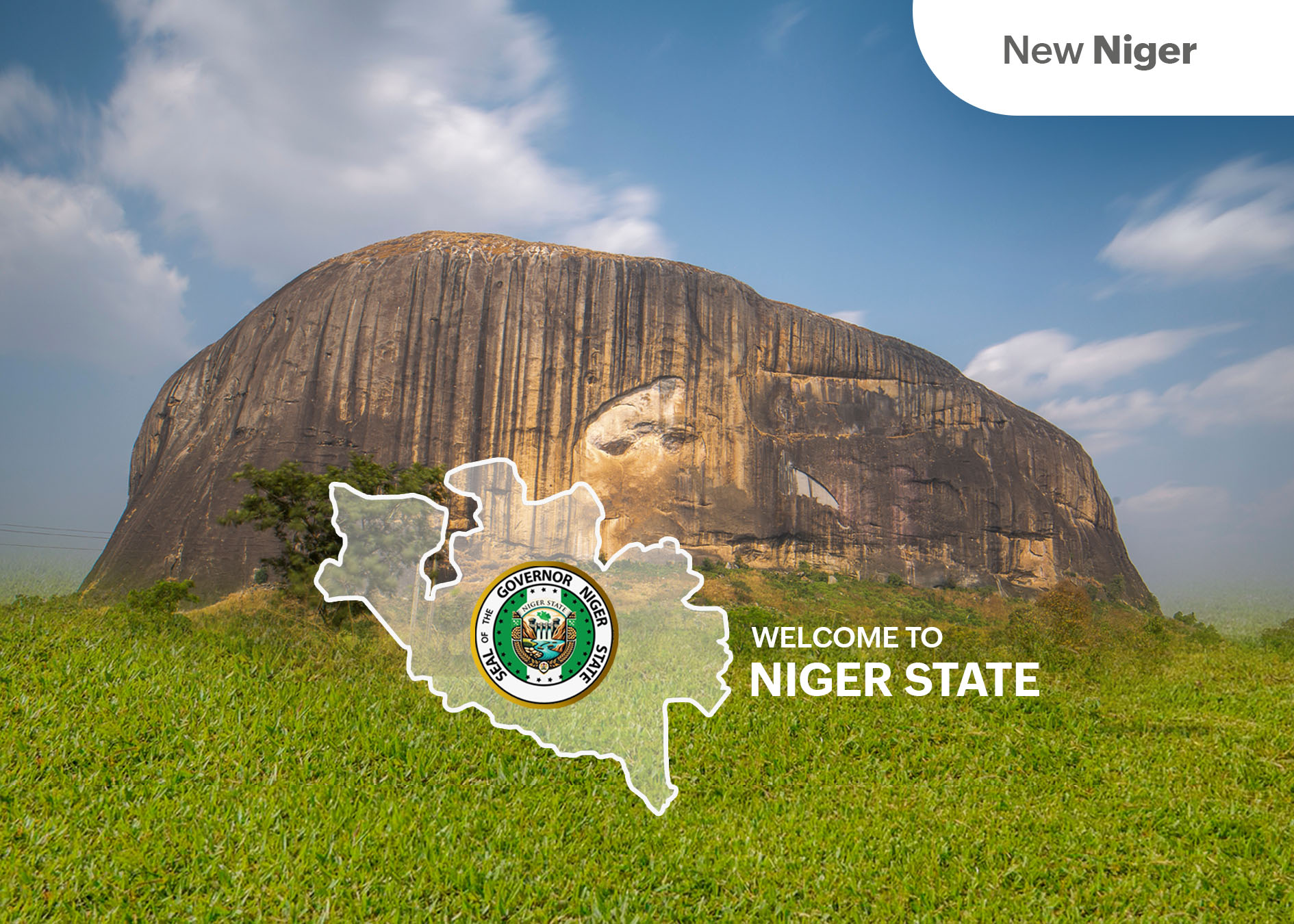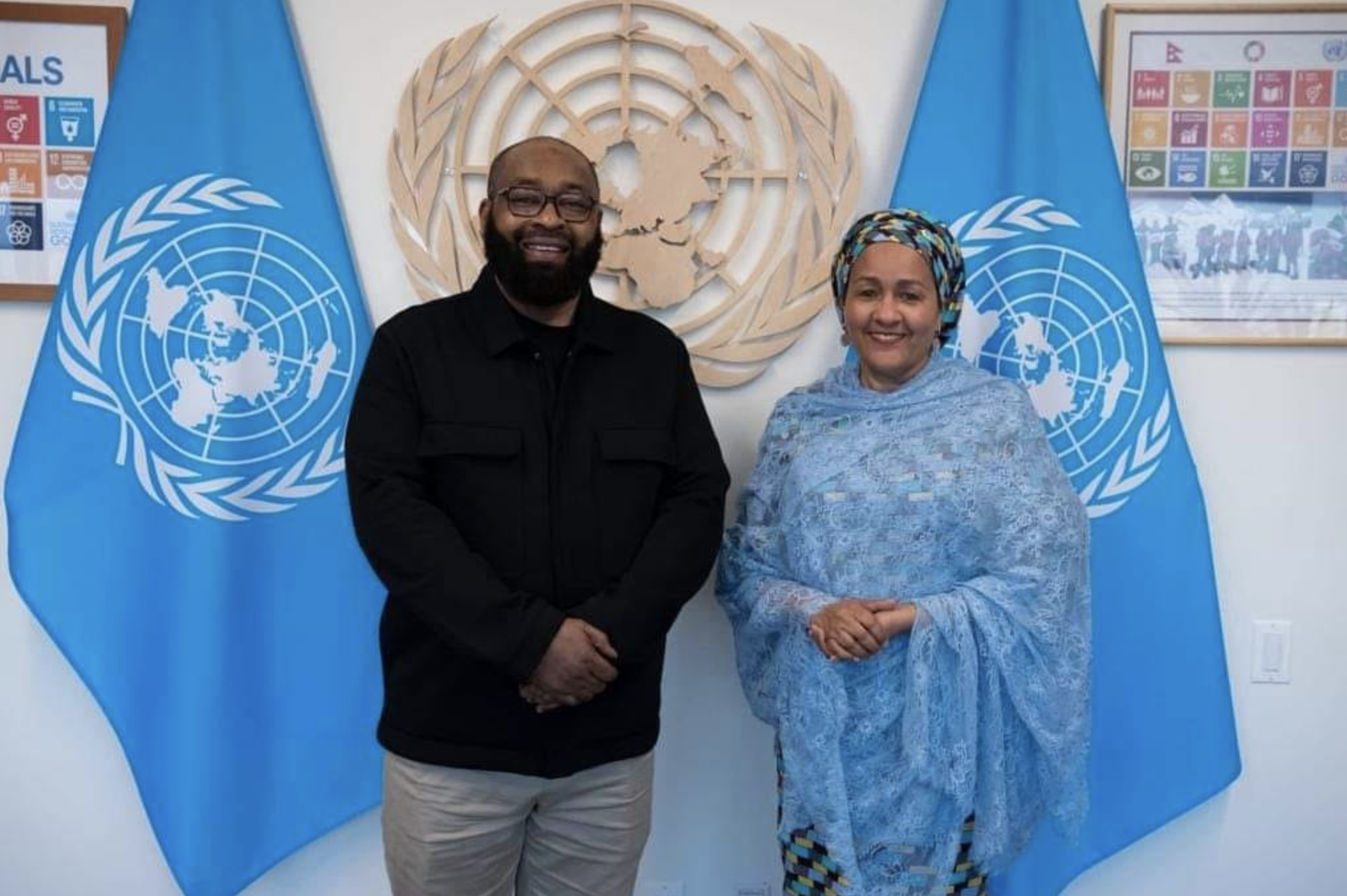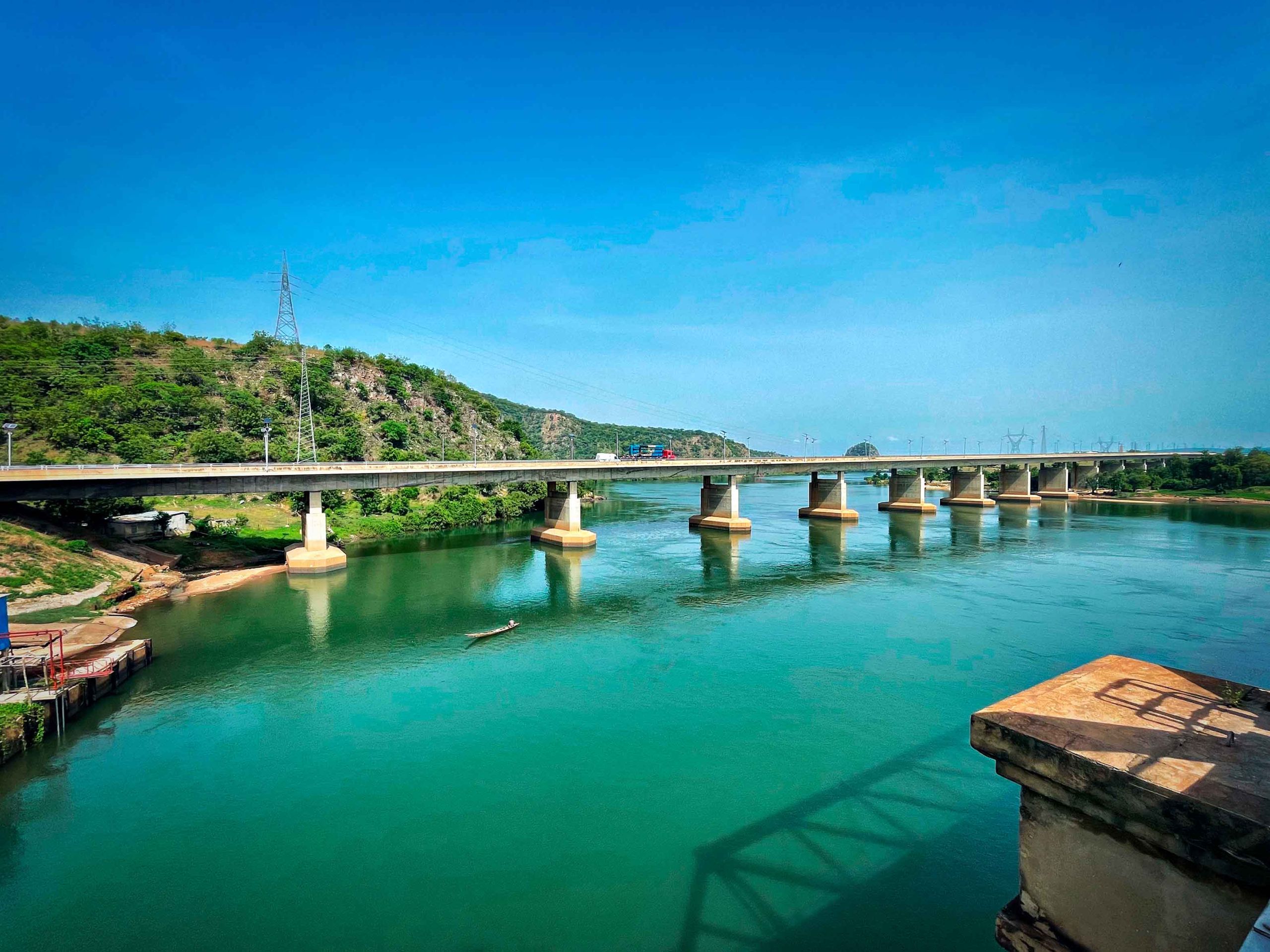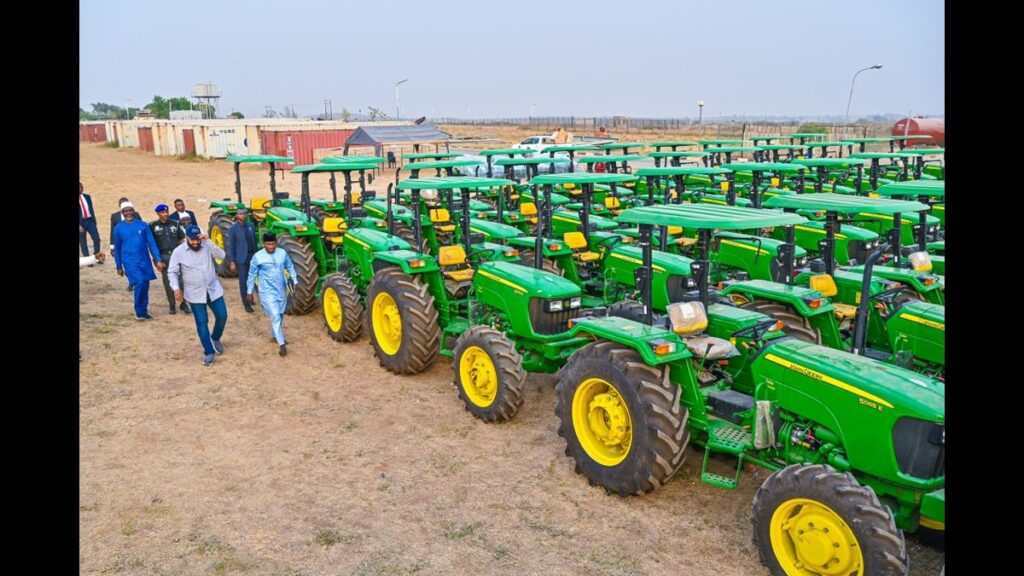
This is Our Niger State
Niger State, one of the 36 states of Nigeria was created out of the defunct North Western state on 3rd February, 1976. Situated in the North central geo-political zone, Niger State shares its borders with republic of Benin (West), Zamfara State (North), Kebbi (North-West), Kogi (South), Kwara (South West), Kaduna (North-East) and the FCT (South-East). The State comprises 25 Local Government Areas grouped into 3 administrative zones: A, B, C with each zone having 8, 9 and 8 Local Government Areas (LGAs) respectively.
In line with the constitution of the Federal Republic of Nigeria, two levels of government exist in the State; the State Government and the Local Government Councils. With the merger of Borgu Emirate from the old Kwara in August 1991, Niger State is one of the largest states in Nigeria covering about 86,000km2 (or about 8.6million hectares) representing about 9.3% of the total land area of the Country. The State’s major rivers are: Niger, Kaduna, Gbako, Eko, Gurara, Ebba, Ega, Mariga and their tributaries.
The common fishes found in these rivers are: Nile Perch (Lates) Trunck fish, Cat fish, Osteoglosid, Tilapia, Synodontis, Tiger fish, Moon fish, Mormyrid and Electric fish. By the 2006 census, the State’s population is 3,950,249 comprising 2,032,725 males and 1,917,524 females.
These represent the proportional share of 51.5% for males and 48.5% for females respectively. As opposed to a national annual growth rate of 3.2%, Niger State is growing at 3.4% annually. The easily identifiable major ethnic groups are Nupes, Hausa, Gbagyi, Kadara, Koro, Bassa, Kamuku, Ingwai, Fangu, Kambari, Dukkawa, Fulani, Abewa, Bisan, Gungawa, Bauchi, Bariba, Urah, Boko, Bokobaro, Bauchnu, Achifawa, Dakarkari, Kakanda, Ganagana, and Dibo and numerous non native tribes. The major economic activity is agriculture: farming, fishing, and cattle rearing. The other economic activities (though limited in scale) include banking, trading, transportation, local arts and crafts with Bida, the heart land of the Nupes, famous for its brass work. These activities constitute the means of livelihood of the people of Niger State in addition to public service


The State Lies On Latitude 80o To 11o:30’ North And Longitude 03o 30’ To 07o 40’ East. The State Is Bordered To The North By Zamfara State, West By Kebbi State, South By Kogi State, South West By Kwara State, North-East By Kaduna State And South East By FCT. The State Also Has An International Boundary With The Republic Of Benin Along Agwara And Borgu Lgas To The North West.
As At 26th August 1991 (Before The Merger Of Borgu And Agwara Lgas), The State Covered A Land Area Of 74,244 Square Kilometres, Which Is About 8% Of The Total Land Area Of Nigeria. With The Merger, The Land Mass Is Now 76, 469.903 Square Kilometers (About 10% Of The Total Land Area Of Nigeria) Out Of Which About 85% Is Arable.
As At 1961, The Population Of Niger State Was 1,194,508. The 1991 Population Figure Indicates Niger State As Provisionally Containing 2,421,581 People. The 2006 Population And Housing Census Put The State’s Population At 3,950,249.
The Soil Types In Niger State Are Two: Ku Soil And Ya Soil. The Ku Soil Has Little Erosion Hazards, While The Ya Soil Has Better Water Holding Capacity.
The Majority Of The Populace In The State (85%) Are Farmers While The Remaining15% Are Involved In Other Vocations Such As White Collar Jobs, Business, Craft And Arts.
The People Of Niger State Are Predominantly Muslims And Christians With Very Few Traditional Religionists And Atheists.
Although There Are Three Major Ethnic Groups (Nupe, Gbagyi, And Hausa) In The State, Other Tribal Groups Include – Kadara, Koro, Baraba, Kakanda, Ganagana, Dibo, Kambari, Kamuku, Pangu, Dukkawa, Gwada And Ingwai. Niger State Also Has Numerous Settlers From Other Parts Of The Country Living Peacefully And Contributing Their Quota To The Development Of The State.
The Cherished Asset Of Niger State Is Its Fertile Land, However, The Potentials Are Yet To Be Fully Explored. The Climate And Availability Of Wide Variety Of Mineral And Agricultural Resources Also Attest To The Economic Potentials Of The State. Every Government That Has Come To Power Endeavoured To Provide Good Infrastructure Such As Roads, Electricity, Water And Communication Facilities, To Make Way For Interested Investors. Some Natural And Mineral Resources Found In The State Include: Talc, Gold, Ball Clays, Silica, Sand, Marble, Copper, Iron, Felsper, Lead, Kaolin, Casserole, Columbite, Mica, Quartzite, And Limestone. The Three Hydro Electric Power Stations In The Country (At Kainji, Jebba And Shiroro) Are All Situated In Niger State.

The common fishes found in these rivers are: Nile Perch (Lates) Trunck fish, Cat fish, Osteoglosid, Tilapia, Synodontis, Tiger fish, Moon fish, Mormyrid and Electric fish. By the 2006 census, the State’s population is 3,950,249 comprising 2,032,725 males and 1,917,524 females.
These represent the proportional share of 51.5% for males and 48.5% for females respectively. As opposed to a national annual growth rate of 3.2%, Niger State is growing at 3.4% annually. The easily identifiable major ethnic groups are Nupes, Hausa, Gbagyi, Kadara, Koro, Bassa, Kamuku, Ingwai, Fangu, Kambari, Dukkawa, Fulani, Abewa, Bisan, Gungawa, Bauchi, Bariba, Urah, Boko, Bokobaro, Bauchnu, Achifawa, Dakarkari, Kakanda, Ganagana, and Dibo and numerous non native tribes. The major economic activity is agriculture: farming, fishing, and cattle rearing. The other economic activities (though limited in scale) include banking, trading, transportation, local arts and crafts with Bida, the heart land of the Nupes, famous for its brass work. These activities constitute the means of livelihood of the people of Niger State in addition to public service


